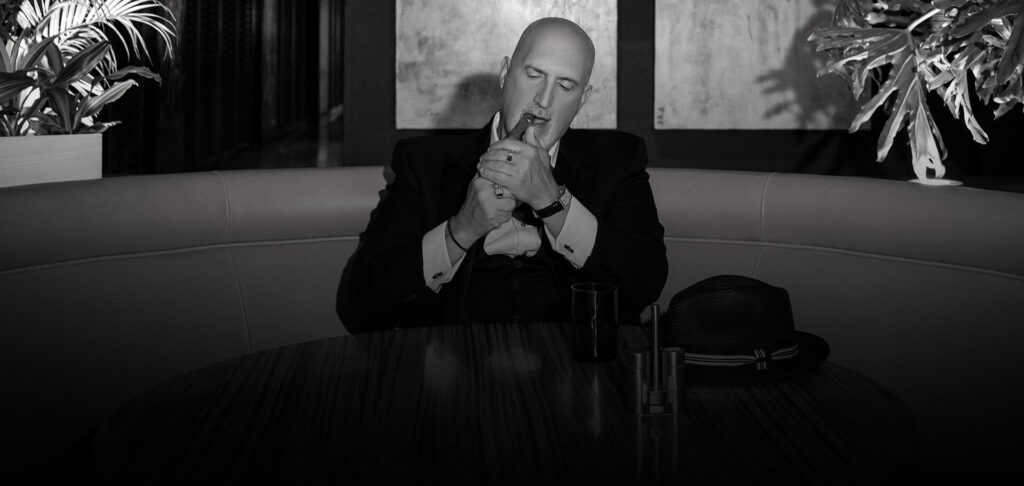We are certainly living in interesting times … (the foundation)

The most obvious aspect of this seems to be the speed at which things are happening and changing, as well as the level of complexity we are forced to deal with in our daily lives … in our relationships, or work, our heath, in politics and the economy, and in terms of the cultural values that we are most familiar with that are we can no longer expect to remain “as is” or stable for very long.
Why is this important?
Putting it as simply as possible, the mind you are currently using to think with isn’t going to get you the outcomes it could have just ten years ago, and will likely be totally outdated before the next ten are over
We’re seeing signs of this everyday. Consider for a moment people who you know who made it through most or all of their working careers never using or needing to use a smart phone or computer, or even a “dumb” mobile phone for that matter. That is becoming harder to do with every passing year, and will likely be virtually impossible for a vast majority of people in the next ten years.
Professions where being computer savvy wasn’t even a consideration, for example for many craftsmen ten years ago, is now becoming a necessity from communicating with customers to ordering materials, in addition to dozens of other professional uses that show up day to day. These examples are just the proverbial tip of the iceberg however.
Imagine for a moment a roofer who simply needs to point a laser measuring device at the edge of a roof as he or she walks along the perimeter, and the AI software he or she is using doing all the calculations of materials and labor, preparing all the materials purchase orders, work schedules, and cost estimates for the customer by the time the contractor has “walked the building.”
Now imagine a year from then when the contractor simply responds with a drone “fly over” the customer’s home, has all the information taken care of, and the customer receives the project estimate in real time with the contractor. That’s all possible today.
These kinds of considerations change things at many levels, including what the “work” of a roofing contractor becomes, and whether roofing contractors even exist in the near future, or if the home owner simply uses the drone-based AI system to do what a contractor would do today running the project themselves via the integrated software systems connected to materials suppliers and labor pools from their computer or smart phone.
Once again, this is at least theoretically possible right now … let’s call it “Uber Workforce” for kicks, imagining that it wouldn’t be too difficult for Uber to expand it’s operation to provide this kind of service as a mobile phone app. This will become the “new normal” very soon … for many, much soon than they are prepared for or will like when it happens.
So the question becomes, how do you deal with this kind of fast changing world using your current sense of normal and the kind of thinking you’ve been conditioned to believe will suffice in getting the outcomes in a world that no longer conforms to what’s been normal for decades, and in many cases, centuries.?
I’m all about this mission now … i.e.: helping those who “GET IT” and are ready to update their thinking, to radically update what they think about thinking so they can upgrade and install a whole new mind.
And, I get for most folks that leads to a second question, how … how do I make the adjustments and update my mind so I can deal with what’s already happened, and what’s going to continue happening that will requires ways and types of thinking I don’t currently have access to, but will very quickly become the new normal?
I’ve literally been thinking about these questions and how to answer them for decades. I’ve been building models and working with individual and corporate clients internationally to train them to become more effective in they ways they think and communicate.
My clients know they can count on me to help them navigate complexity, the sticky and wicked problems they face and must deal with that exceed ordinary ways of thinking and approaching “problem solving” as most professionals, including most consultants, do it today.
The folks who hire me count on me to think outside the box, and to bring my “outlaw thinking” to the problems they face. In it’s simplest form I bring a counterintuitive approach that turns problems on their head, and I look at them through a lens of possibility making them into windows of opportunity.
More specifically I’m looking at my clients problems from a completely different, higher order of thinking and level of complexity then they are presently capable of themselves. At the higher orders of thinking, and levels of complexity, more information becomes available, and the patterns that connect various sources of information within the context become obvious, because you begin to deal with what’s in front of you and obvious, as well as the underlying and hidden interconnections.
When I take into account the higher order of thinking that’s possible what’s emergent in the systems I’m dealing with also becomes obvious to me. Once I’ve done the calculus to analyze the data in the system, both what’s evident and emergent, I am able to make higher quality decisions about what action to take. This includes calculating the potential positive and negative consequences of the action, and factoring it into best and worse case scenarios, and then preparing for either as the actual outcome.
This is a cybernetic process of thinking that is iterative, recursive and systemic, generating self-referencing and self-organizing update loops. Working this way is the basis of generative learning, and this is what I train my clients to do when they hire me, or attend training with me. I refer to this kind of modeling as “wholeform learning” where the entirety of system, including connections through space and time, is considered in the functional analysis leading to a strategy to be implemented and refined through time as more data emerges and becomes present.
Almost always the greatest complexity in the systems I deal with, and train my clients to deal with, involve others as actors and agents within them. These actors and agents bring agendas of their own, and the ability to recognize the interactivity of these agendas in creating the outcomes achieved, even when the agenda are competing or conflicting, is where a kind of generative magic emerges from approaching the resolution of problems and the realization of solutions in the way I train my clients to do.
To recognize the overt agendas that people bring is easy and most people can do that innately. Recognizing hidden agendas and the secondary gains that remain unspoken and largely unseen requires very specialized thinking. This means significantly upgrading the order of thinking you apply to the analysis of any system you’re operating within and/or in relation to, if you want to achieve your outcomes effectively and effortlessly.
I’ll be back again soon with Part 2 of this mission statement, if you’re ready to learn a bit more now check this out today:
Mastering Cognitive Maturity
(As always, feel free to leave me your comments below, I love reading them and responding too.)
Best,
Joseph Riggio, Ph.D.
Architect & Designer of the MythoSelf Process and SomaSemantics
Developer of A.C.T. | Adaptive Cognitive Training and the Cognitive Maturity Model
P.S.: If you’re interested in working with me in one of my small coaching groups or 1:1 reach out to me directly at joseph@josephriggio.com and we’ll come back to you about how to find out more about taking the next steps to do that …



